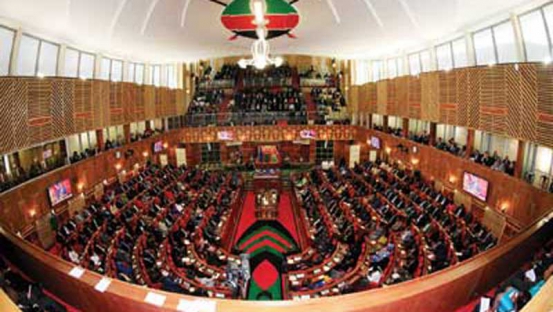×
The Standard e-Paper
Smart Minds Choose Us

If only one candidate remains in a fresh presidential election, he/she shall be declared president-elect without polls being held, proposes a Bill on electoral reforms.
The proposal in the Bill introduced in the National Assembly on Thursday during a stormy session seems to address threats by NASA presidential candidate Raila Odinga not to enlist his candidature for the repeat polls scheduled for October 26.